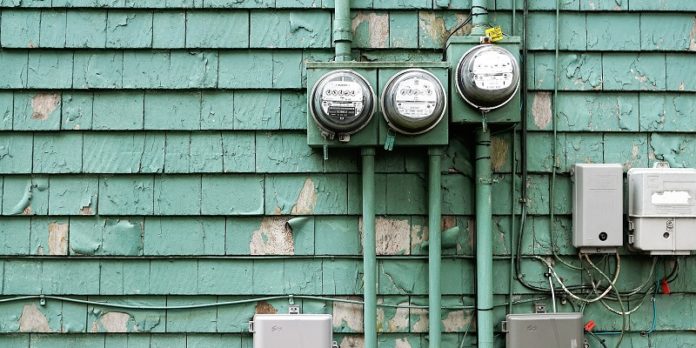Researchers from the University of Leeds have discovered that 70 percent of UK households would be enhanced if the costs of government energy policy were eliminated from gas and electricity bills and administered according to household income.
Currently, within the domestic sector, levies to recover the costs of energy policy are administered as a percentage of household energy bills. In 2016, these energy policy costs added 13% to the average household electricity and gas bills, adding £132 to the average yearly spend.
The researchers say, however, in the poorest homes, money spent on energy accounts for 10% of total spend, whereas for the richest households, it accounts for just 3%. Applying energy costs on this spend, therefore, disproportionately penalizes those that are most vulnerable to rising energy prices.
The research likewise compared the total amount of energy consumed by households with different income levels.
Total energy consumption measures all of the energy used to provide households with the products they buy and services they access and incorporates aspects such as recreation activities, travel, and imported products.
Professor Barrett, from the Sustainability Research Institute at Leeds and UKERC Co-Director, said, “It is essential that climate change policies do not cause further inequality by penalizing families with the lowest energy consumption and who are most at risk of fuel poverty. Progressive energy policies should ensure that those with the highest energy demand and the means to afford it, pay for the solutions.”
In 2014, researchers discovered that the richest 10% of households consumed almost four times as much energy as the poorest households, or an average of 12.7 tonnes of oil equivalent compared to 3.3 tonnes consumed by the poorest.
Energy for heating and power in homes accounts for only 12% of total energy consumption, highlighting the significant difference in spending patterns among high and low-income households.
Dr. Owen, also from the Sustainability Research Institute and UKERC researcher, said, “Our work shows that once you consider the hidden energy in the manufacture of all the goods and services we buy, it is only fair that richer homes contribute more to energy policy costs. Low-income households, which experience fuel poverty, could be exempt from these additional charges if we re-think how low carbon energy schemes are funded.”
Professor Barrett and Dr. Owen have put forward an alternative approach that would place policy costs on businesses or fund them through general taxation, both of which would reduce the burden on the poorest households. The general taxation approach would better align energy demand with policy costs and would reduce costs for 70% of UK households.
The research was published today by the UK Energy Research Centre (UKERC).
